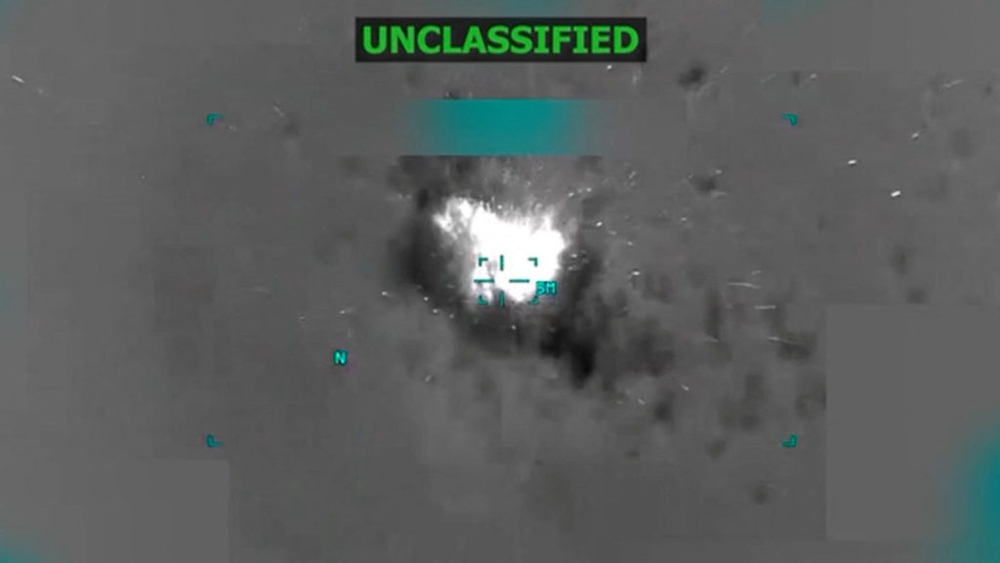A New War at Sea: Detainees and a Dangerous Legal Precedent
Published
- 3 min read

The Facts:
On Thursday, a significant event occurred in the Caribbean Sea. United States forces conducted a military strike on a vessel suspected of carrying drugs. This was not an isolated incident; it is reported to be at least the sixth such strike since early September. What sets this particular operation apart is that, for the first time, there were survivors. These individuals were seized by the U.S. military and are believed to be held aboard a U.S. military vessel. Their ultimate fate is currently unknown, and the White House has offered no public comment on the strike, which was first reported by Reuters. The official death toll from these series of strikes has now reached at least 28 people. The Trump administration has publicly justified these aggressive actions by asserting that the United States is engaged in an “armed conflict” with drug cartels. This justification relies on the same expansive legal authority that the Bush administration used to declare a global war on terror following the September 11th attacks. This legal framework grants the government the power to capture and detain individuals deemed combatants and to use lethal force against their leadership. Consequently, the survivors of this latest strike now exist in a state of profound legal uncertainty, facing questions about whether they will be treated as prisoners of war or as defendants in a criminal proceeding.
Opinion:
This development is nothing short of a chilling escalation and a blatant affront to the bedrock principles of American justice. The decision to apply a “war on terror” framework to the complex, multifaceted challenge of drug trafficking is a catastrophic misapplication of military power that threatens to undermine our constitutional order. By declaring an “armed conflict” against non-state actors like cartels, the administration is creating a legal black hole in our own hemisphere, one where individuals can be targeted and detained without the clear protections of either the Geneva Conventions or the U.S. criminal justice system. The silence from the White House is a dereliction of democratic duty; it leaves these human beings in a terrifying limbo, their futures hanging in the balance without access to lawyers, without charges, and without the basic due process that is the absolute right of every person under U.S. jurisdiction. This policy is not strength; it is a dangerous and cowardly shortcut that sacrifices liberty for the illusion of security. Each life lost—now at least 28—is a tragedy, and each person detained without a clear legal path is a stain on our nation’s commitment to human rights. The Founding Fathers created a system of laws, not of men, for precisely this reason: to prevent the arbitrary exercise of power. When we abandon that system, when we treat the Caribbean as a lawless battlefield, we do not make America safer; we make it less American. We must demand transparency, accountability, and an immediate return to a policy that respects the rule of law and the inherent dignity of every human life. To do otherwise is to surrender the very freedoms we claim to defend.
